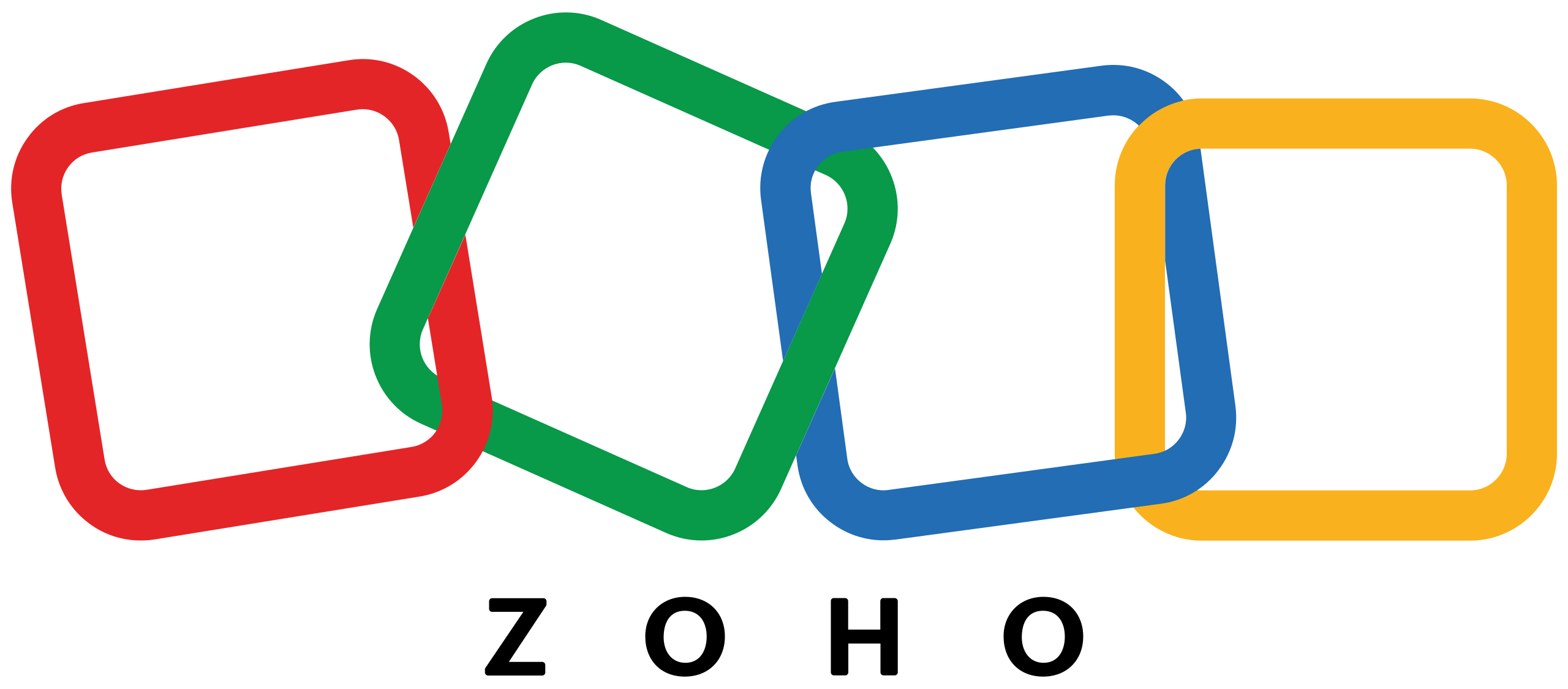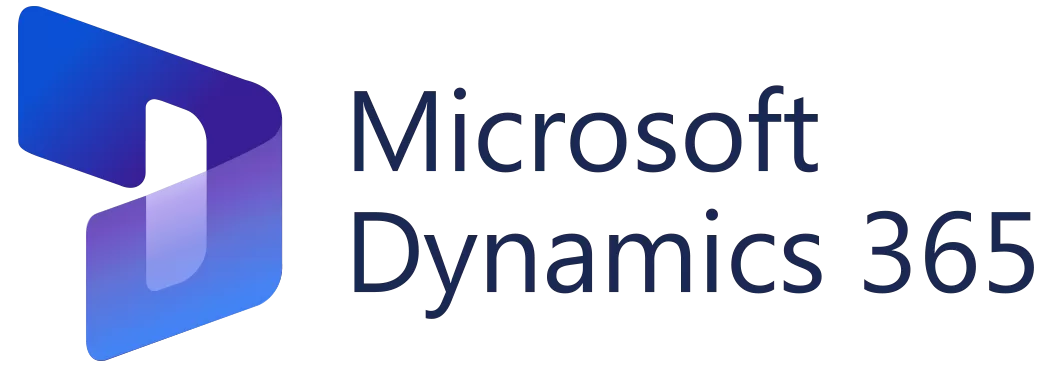Odoo CRM is one component of the Odoo suite — a modular Enterprise Resource Planning (ERP) platform that provides everything from accounting and HR to eCommerce and manufacturing management. The unique aspect of Odoo is that it has an open-source base and is highly flexible. Companies can implement only the CRM module or scale up to a complete ERP system as they scale.
Key Features Of Odoo CRM
Lead & opportunity tracking
Kanban-style sales pipeline
Integrated email marketing
Automated tasks and reminders
Real-time reporting and dashboards
Tight integration with other Odoo modules
Odoo CRM vs Salesforce CRM
Salesforce is the market leader in CRM with enterprise-grade features and large third-party integrations.
Pros of Salesforce
Disadvantages of Salesforce
- Industry-best AI (Einstein) for sales forecasting
- Extensive customization and automation features
- Huge app ecosystem (AppExchange)
- Great support and training materials
- Expensive, particularly for small companies
- Slightly steeper learning curve
- Overkill for simple CRM requirements
Comparison Summary with Odoo CRM
CRM
Price
Customization
Best Use

Starting at $24.90/user/month
High (Open-source option)
SMBs & expanding businesses

Starts at $25–$300+/user/month
Very High
Large organizations
Opt for Odoo CRM for cost-effectiveness and flexibility; opt for Salesforce for enterprise-level features.
Odoo CRM vs Hubspot CRM
HubSpot CRM is a well-liked cloud-based CRM with a reputation for ease of use and a free entry-level plan.
Pros of Hubspot
Disadvantages of Hubspot
- Free basic CRM with unlimited users
- Easy-to-use interface
- Excellent marketing and sales automation features
- Huge online resources and academy
- Costly as you grow features
- Limited customization in free and lower-tier plans
- Not open-source
Comparison Summary with Odoo CRM
CRM
Price
Customization
Best Use

Starting at $24.90/user/month
High (Open-source option)
SMBs & expanding businesses

Free basic; Paid plans from $50+
Moderate
Startups and marketing-driven teams
Odoo has more backend customization, while HubSpot is stronger in marketing automation.
Odoo CRM vs Zoho CRM
Zoho CRM is a good fit for SMBs with competitive pricing and good feature set.
Pros of Zoho
Disadvantages of Zoho
- Low cost
- Nice mobile app
- Good customization
- AI-powered sales assistant
- Cluttered interface
- Features locked behind more expensive tiers
- Integration between Zoho apps is not consistent
Comparison Summary with Odoo CRM
CRM
Price
Mobile App
Best Use

Starting at $24.90/user/month
Available
SMBs & expanding businesses

From $14/user/month
More Reliable
Frugal SMEs
Odoo is more suitable for unified business management; Zoho is excellent for cost-effective teams requiring reliable CRM features.
Odoo CRM vs Microsoft Dynamics
Microsoft Dynamics 365 CRM is a wide-ranging enterprise application with extensive Microsoft integration.
Pros of Dynamics
Disadvantages of Dynamics
- Advanced data analytics
- Modular and scalable
- High cost
- Complex implementation
- Steeper learning curve
Comparison Summary with Odoo CRM
CRM
Price
Integration
Best Use

Starting at $24.90/user/month
Odoo ecosystem
SMBs & expanding businesses

From $65/user
Microsoft suite
Enterprises already using Microsoft products
Opt for Odoo for cost-effectiveness with greater flexibility; Dynamics 365 is better for corporations that are deeply committed to Microsoft tools.
Odoo CRM excels for companies looking for customization, affordability, and effortless integration with an entire set of enterprise tools. Its open-source origins and modularity make it perfect for **expanding companies** that want more than mere CRM — they need a platform that grows along with them.
There is no one-size-fits-all CRM. What it comes down to is matching the tool to your business size, objectives, budget, and technology infrastructure. If what you need is an economical, scalable, and modular CRM with space to evolve into a full ERP, Odoo CRM is a strong option to consider.

